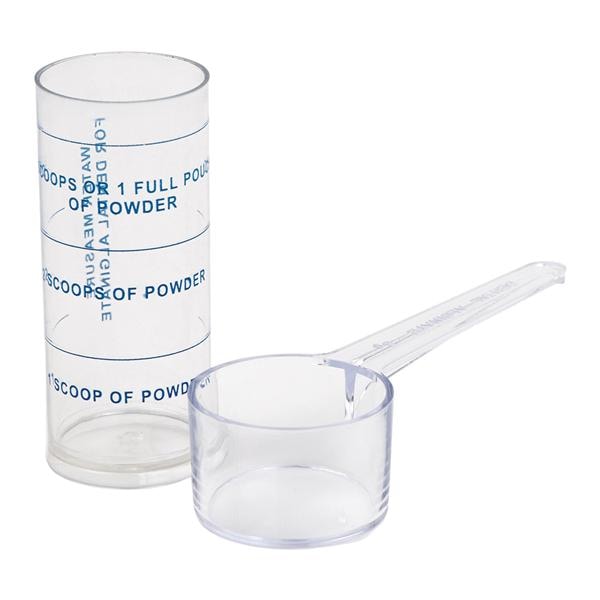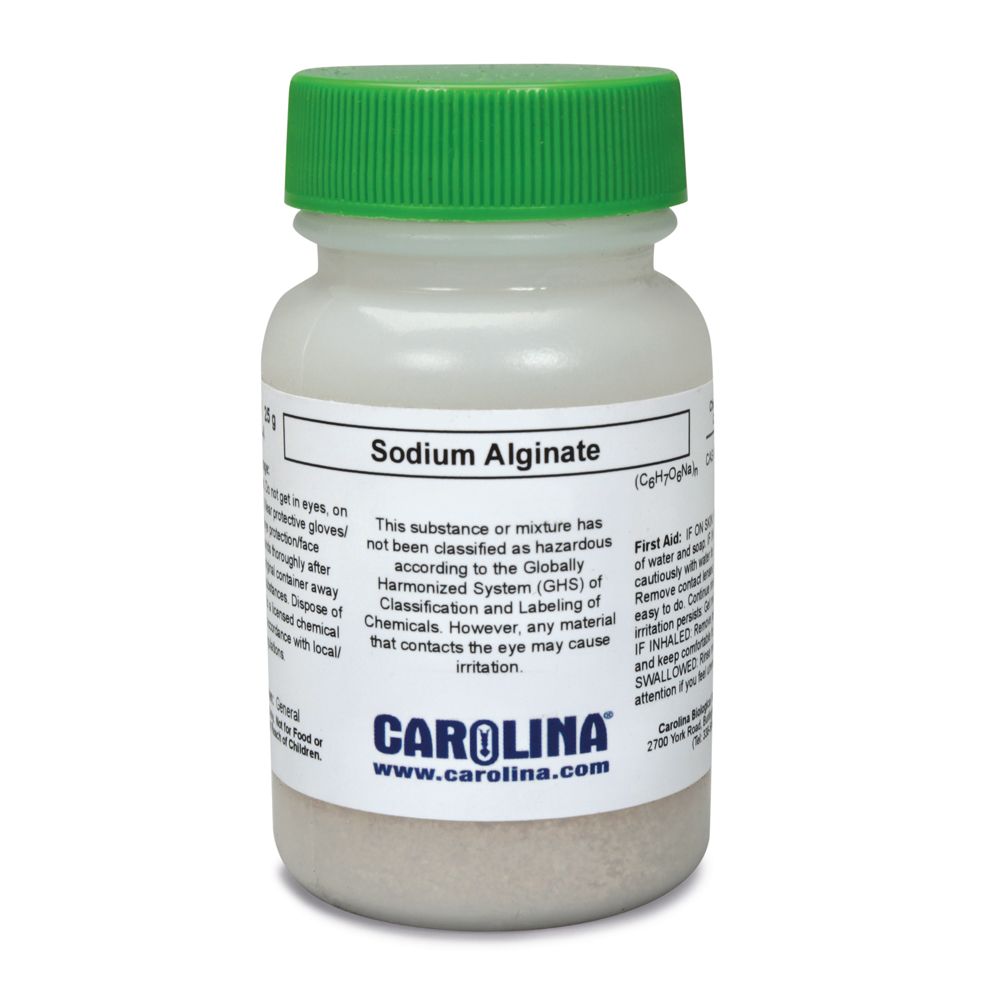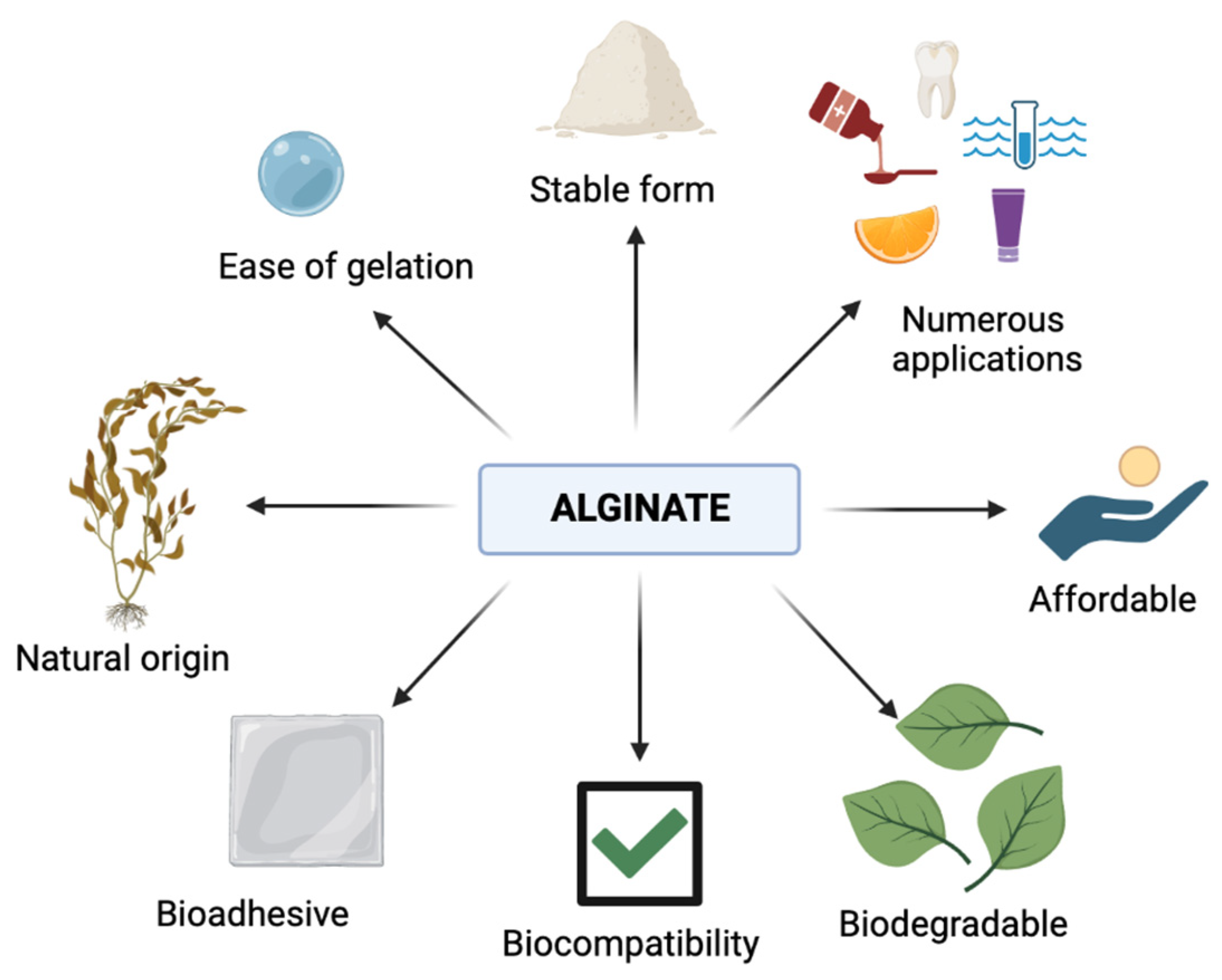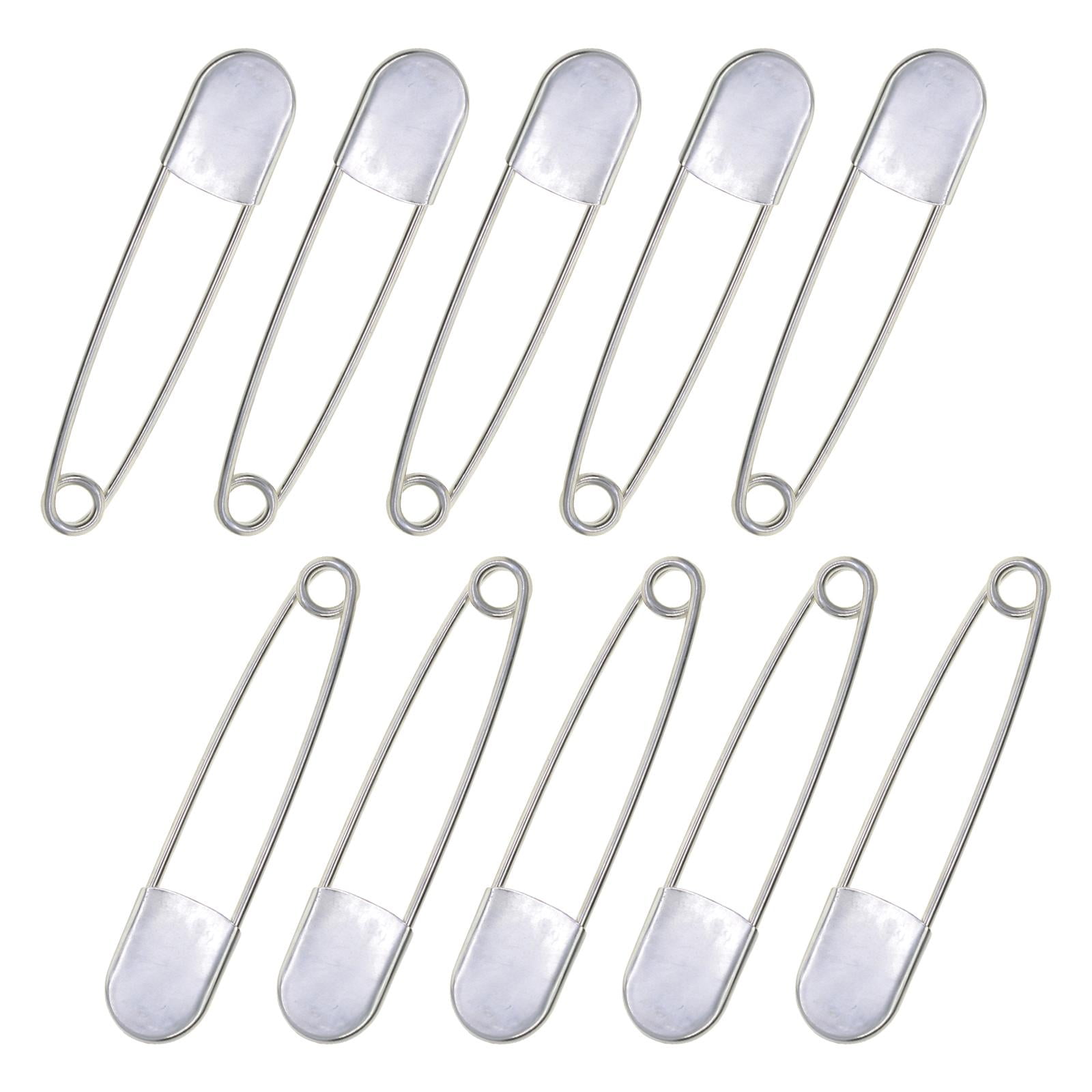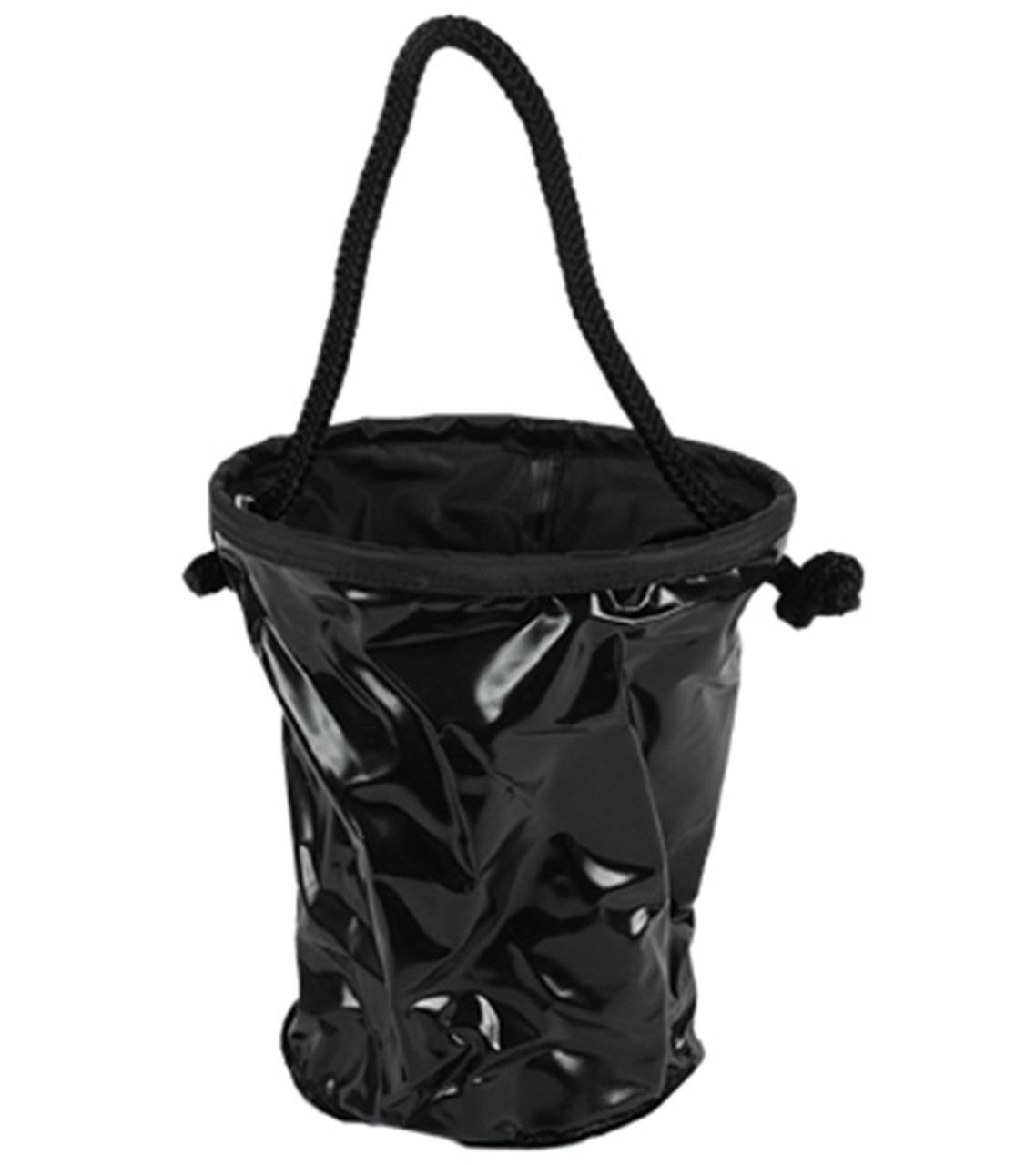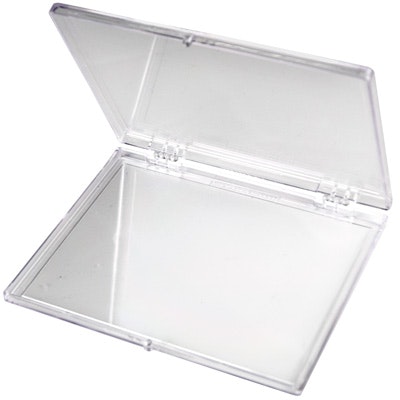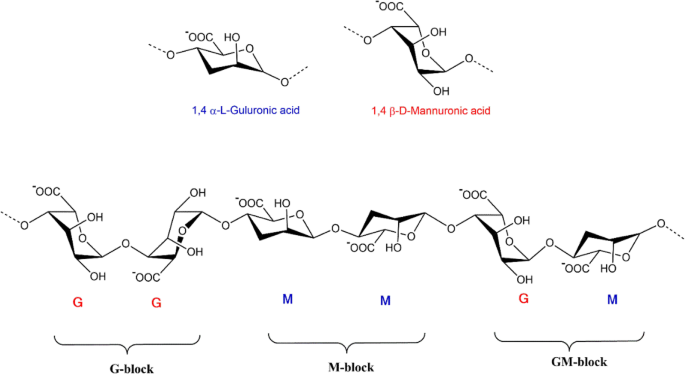
Alginate-based hydrogels as drug delivery vehicles in cancer
Hydrogels are a three-dimensional and crosslinked network of hydrophilic polymers. They can absorb a large amount of water or biological fluids, which leads to their swelling while maintaining their 3D structure without dissolving (Zhu and Marchant, Expert Rev Med Devices 8:607–626, 2011). Among the numerous polymers which have been utilized for the preparation of the hydrogels, polysaccharides have gained more attention in the area of pharmaceutics; Sodium alginate is a non-toxic, biocompatible, and biodegradable polysaccharide with several unique physicochemical properties for which has used as delivery vehicles for drugs (Kumar Giri et al., Curr Drug Deliv 9:539–555, 2012). Owing to their high-water content and resembling the natural soft tissue, hydrogels were studied a lot as a scaffold. The formation of hydrogels can occur by interactions of the anionic alginates with multivalent inorganic cations through a typical ionotropic gelation method. However, those applications require the control of some properties such as mechanical stiffness, swelling, degradation, cell attachment, and binding or release of bioactive molecules by using the chemical or physical modifications of the alginate hydrogel. In the current review, an overview of alginate hydrogels and their properties will be presented as well as the methods of producing alginate hydrogels. In the next section of the present review paper, the application of the alginate hydrogels will be defined as drug delivery vehicles for chemotherapeutic agents. The recent advances in the application of the alginate-based hydrogels will be describe later as a wound dressing and bioink in 3D bioprinting.

Injectable Thermoresponsive Hydrogel Formed by Alginate-g-Poly(N-isopropylacrylamide) That Releases Doxorubicin-Encapsulated Micelles as a Smart Drug Delivery System

Recent advances in targeted drug delivery systems for resistant colorectal cancer

Marine Drugs, Free Full-Text

Gels, Free Full-Text

The preparative process for alginate-keratin composite nanogels and

Hydrogel-guided strategies to stimulate an effective immune response for vaccine-based cancer immunotherapy

Hydrogel beads based on carboxymethyl cassava starch/alginate enriched with MgFe2O4 nanoparticles for controlling drug release - ScienceDirect

A comprehensive review of silk-fibroin hydrogels for cell and drug delivery applications in tissue engineering and regenerative medicine - Computational and Structural Biotechnology Journal
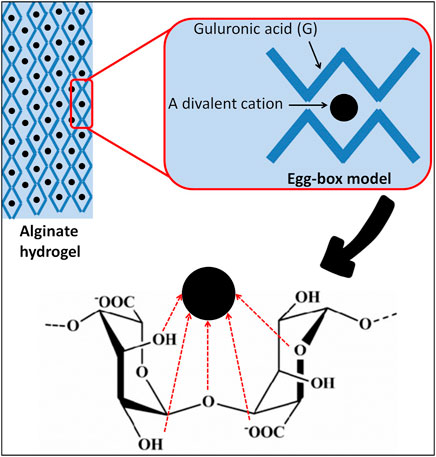
Frontiers Applications of Alginate-Based Nanomaterials in Enhancing the Therapeutic Effects of Bee Products

Sodium Alginate as a Pharmaceutical Excipient: Novel Applications of a Well-known Polymer - Journal of Pharmaceutical Sciences

PDF) Controlling Drug Release Through Poly(2-Hydroxyethylmethacrylate-co-acrylic Acid) Grafted Sodium Alginate

Alginate-based Hydrogels As Drug Delivery Vehicles In, 45% OFF

Review on nanogels and their applications on dermal therapy - Nandipha L Botha, Paul Mushonga, Martin O Onani, 2023
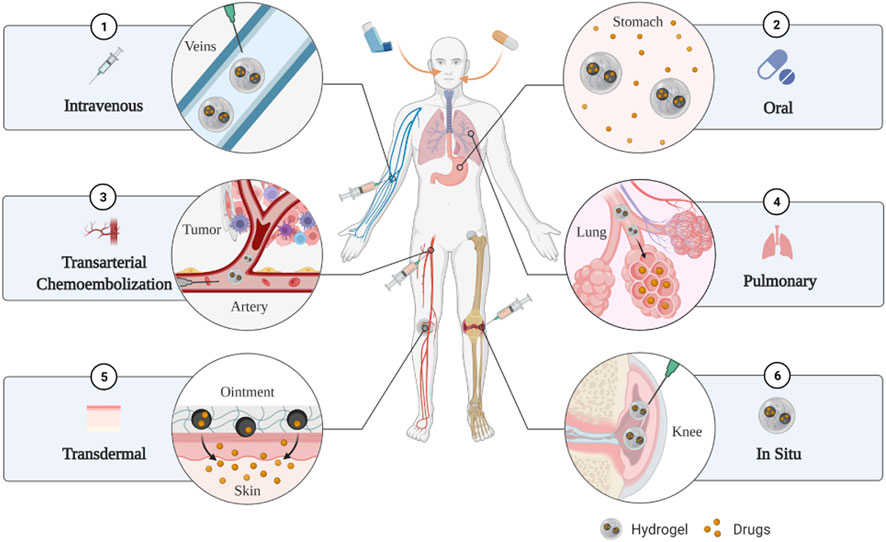
Frontiers Hydrogel systems for targeted cancer therapy
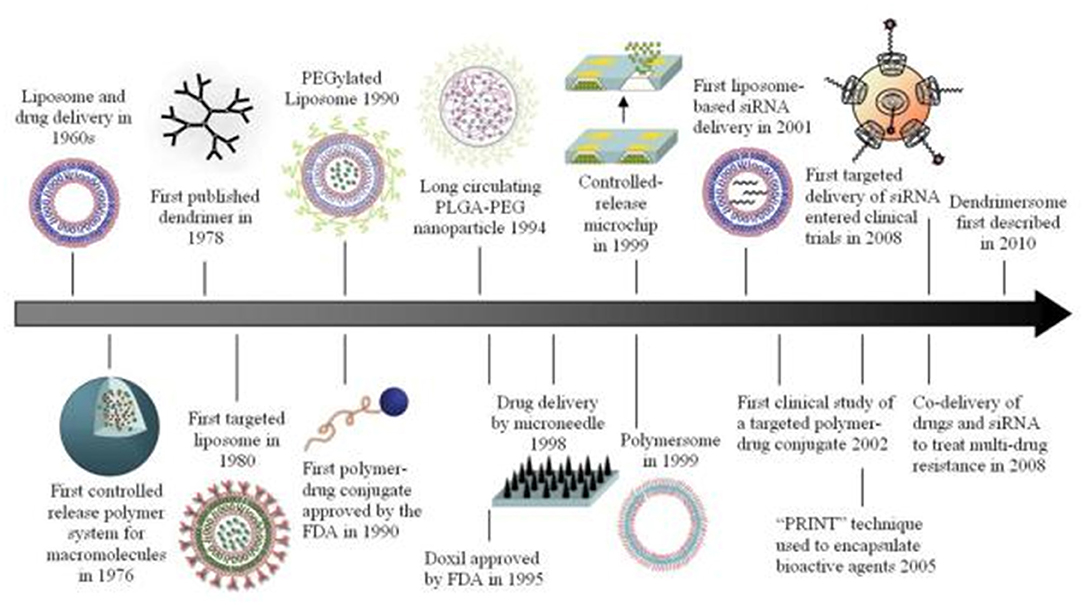
Frontiers Design and Development of Hybrid Hydrogels for Biomedical Applications: Recent Trends in Anticancer Drug Delivery and Tissue Engineering

